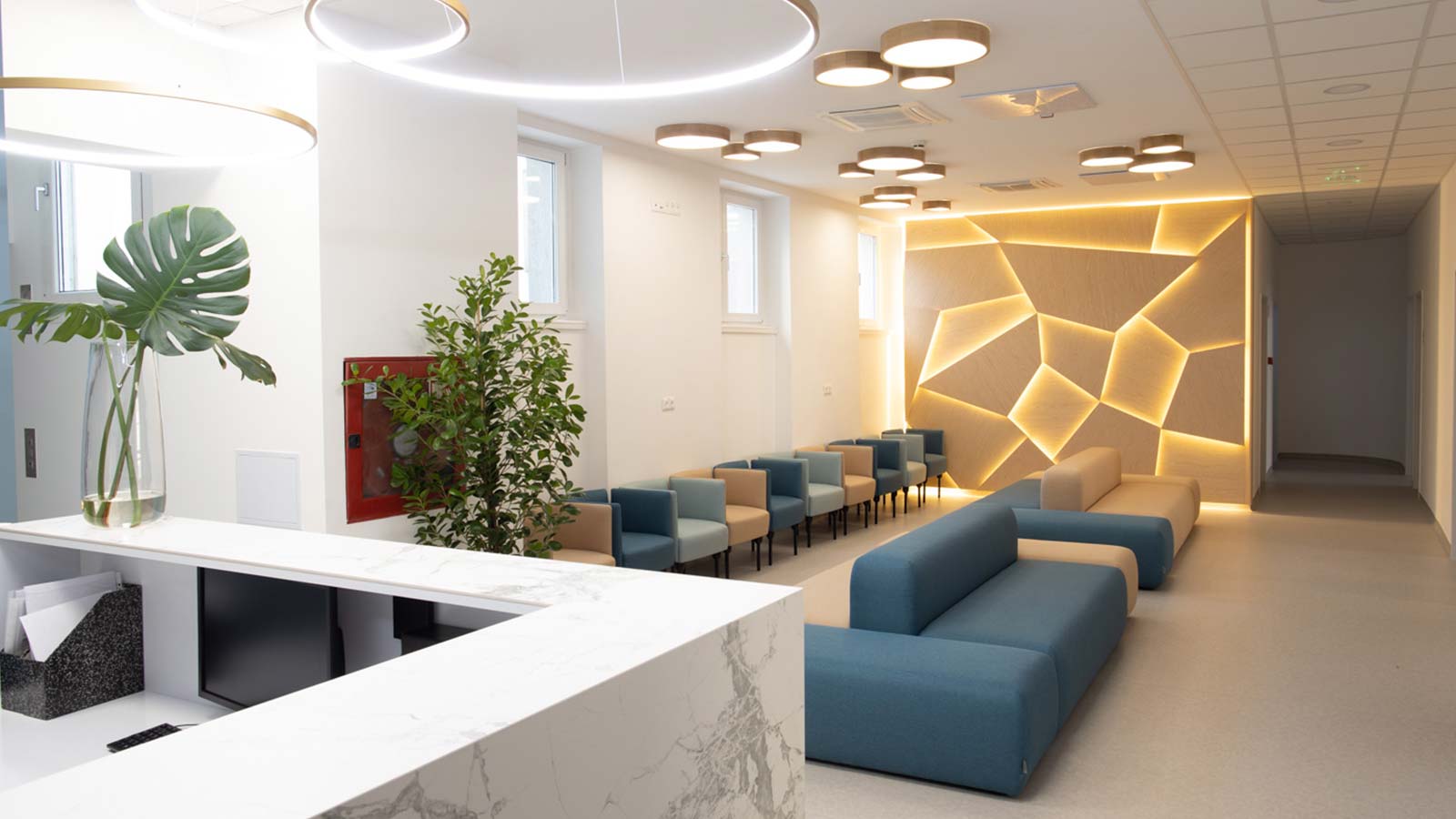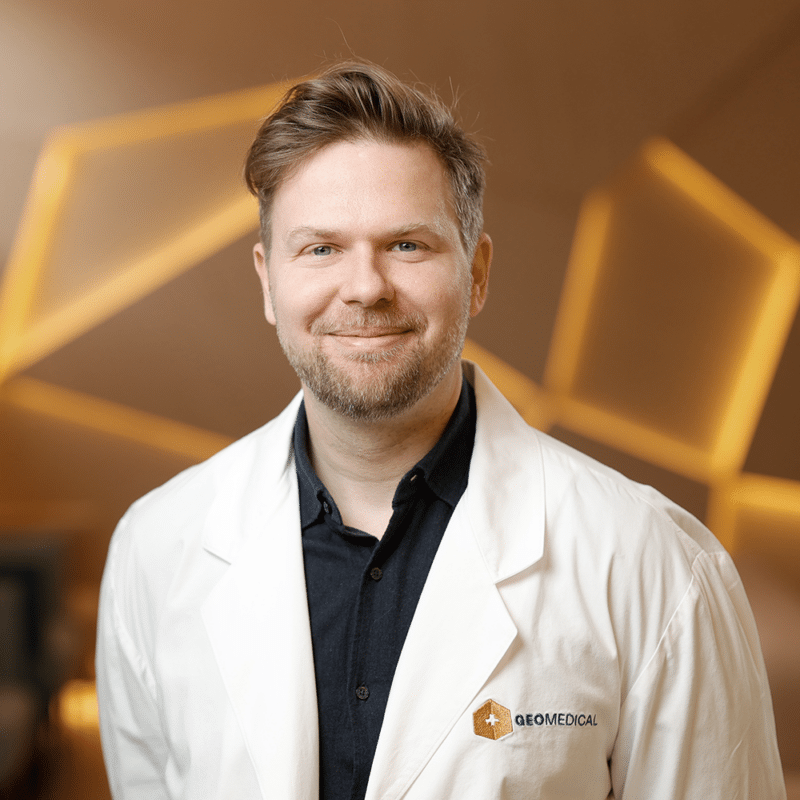
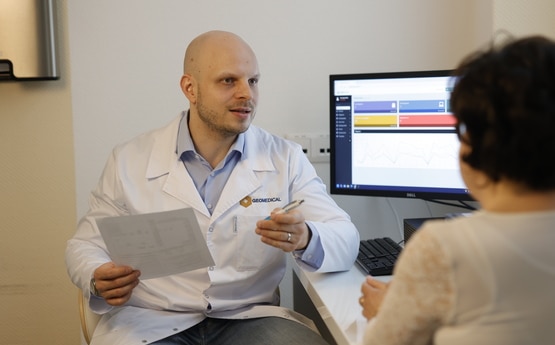
What does
Proctology deal with?
Proctology is a branch of surgery, and its diseases are treated partly with medication, but mainly through minor surgical procedures. The most common condition in this field is hemorrhoids, which is the protrusion of rectal veins from the mucosa, and in later, more advanced cases, below the level of the anus. The symptoms are well-known: stinging, painful sensation when sitting or during bowel movements, and bloody stools may appear. Lifestyle factors primarily contribute to the development of hemorrhoids. These include sedentary work (on poor quality chairs) and difficult, strained bowel movements, which are predisposed by a diet low in fiber and fluids. Near the anus, there are large numbers of intestinal bacteria, which are normally present in the intestines under physiological conditions, but often act as pathogens. Therefore, inflammatory diseases in this region (abscesses, fistulas) are also relatively common conditions. Abscesses and fistulas primarily manifest with pain, wounds that are difficult or impossible to heal, and discharge. Both benign and malignant tumors of the colon and rectum are also very common. As with all malignant tumors, recovery is most likely with early detection and treatment.

When should you visit a proctologist?
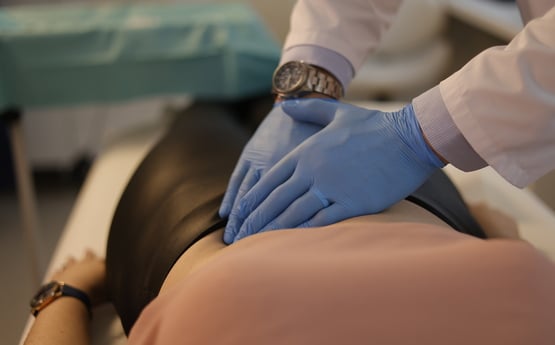
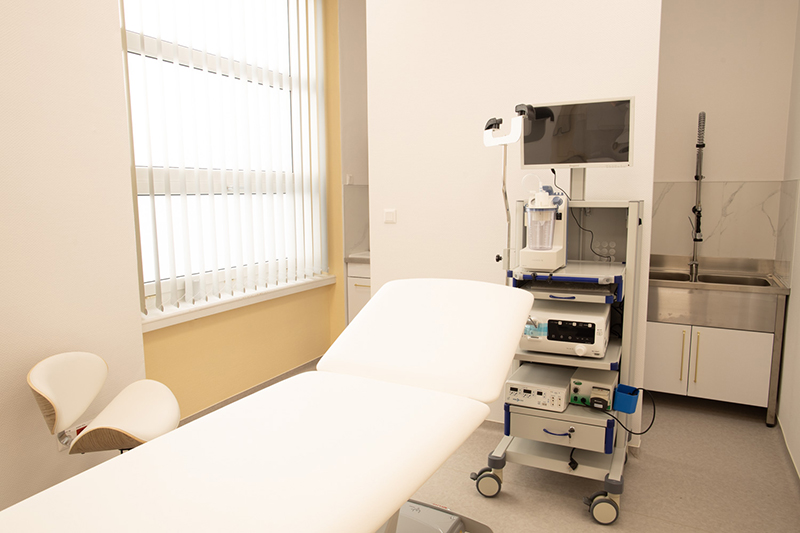
What happens during a proctological examination?
Our specialist will ask about your previous known illnesses, medications, previous surgeries, and current complaints. Due to the difficulty of examining the anus and its surrounding area with the naked eye, insertion of a small handheld instrument may be necessary (anoscope or rectoscope, depending on the area to be examined), which may cause mild discomfort, but the examination only takes a few minutes. A complete specialist examination includes digital examination (similar to a male urological examination). These examinations often have a bad reputation, but if the patient helps the process by relaxing, they are completely painless and can at most be described as uncomfortable. Our specialist naturally tries to cause as little discomfort as possible. Treatment of hemorrhoids, abscesses, and polyps can be performed on-site under local anesthesia.
Our Prices in Proctology
Our Doctors in Proctology
